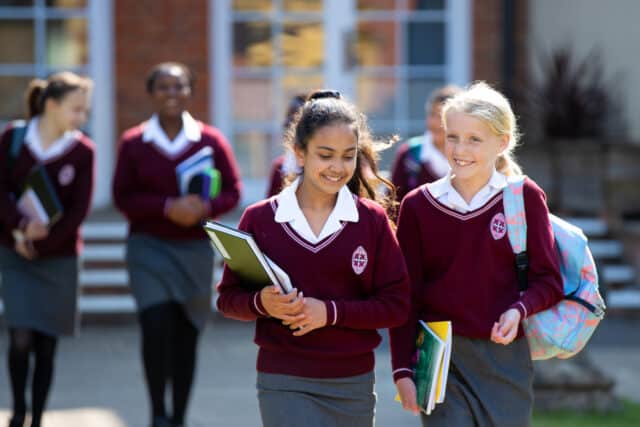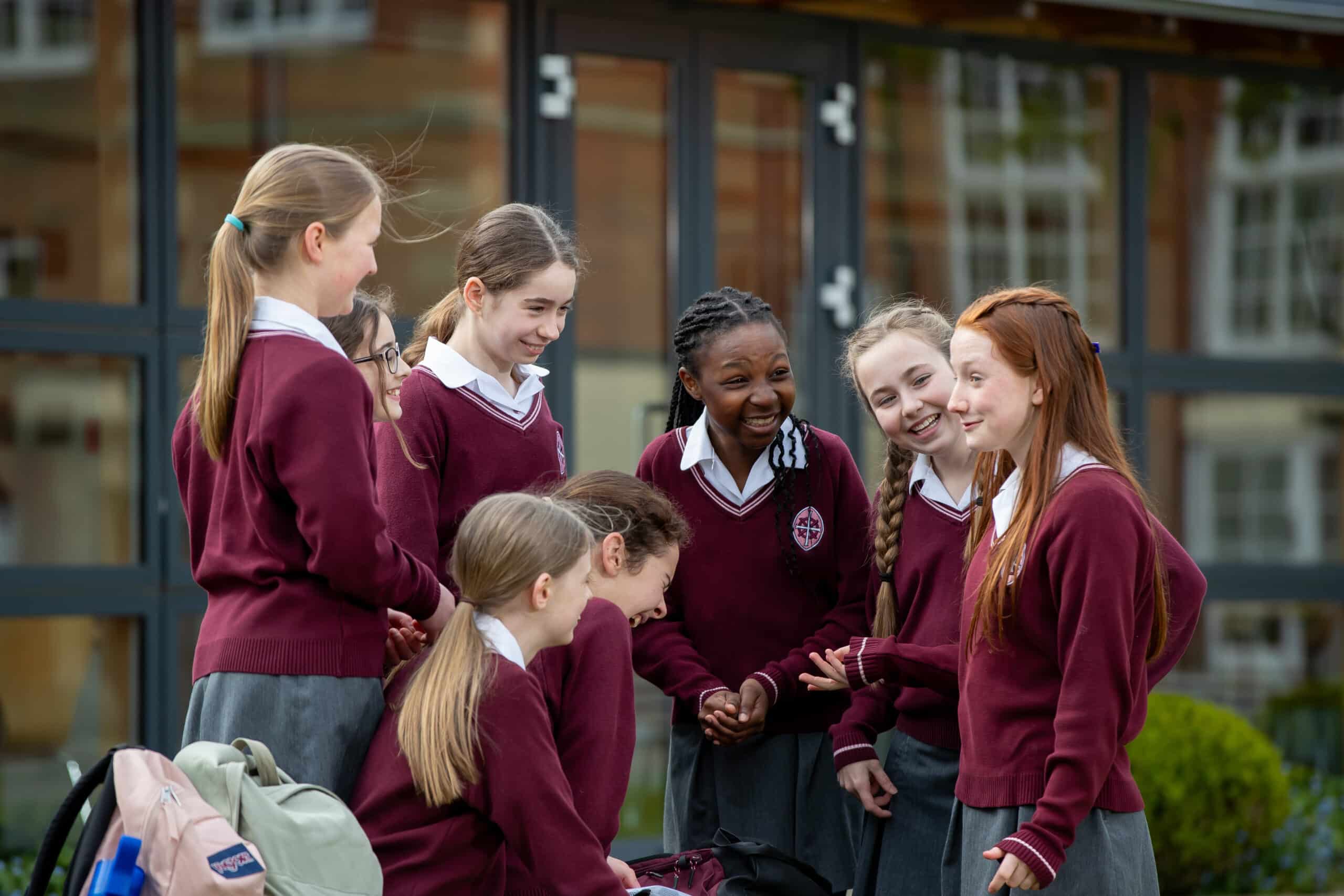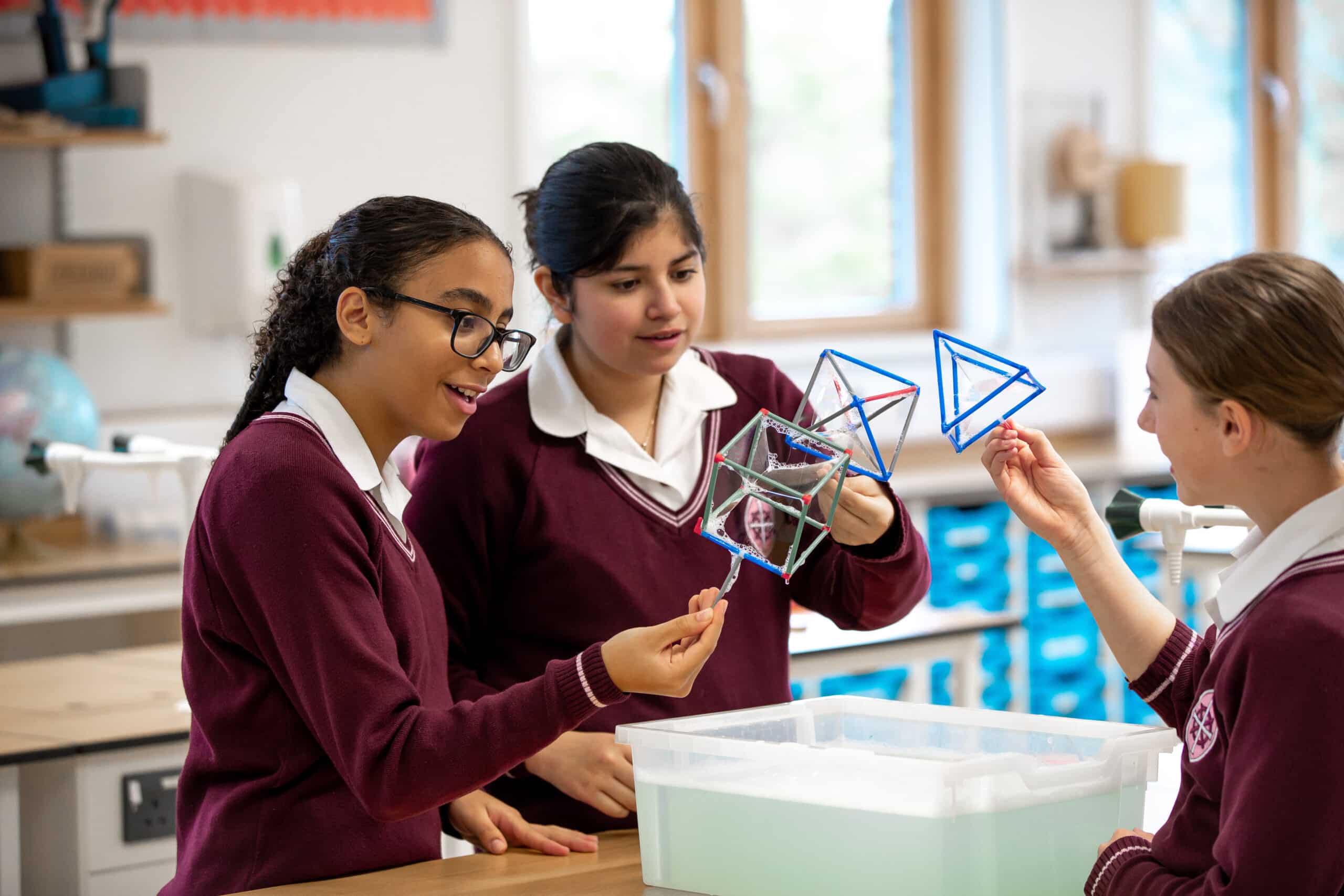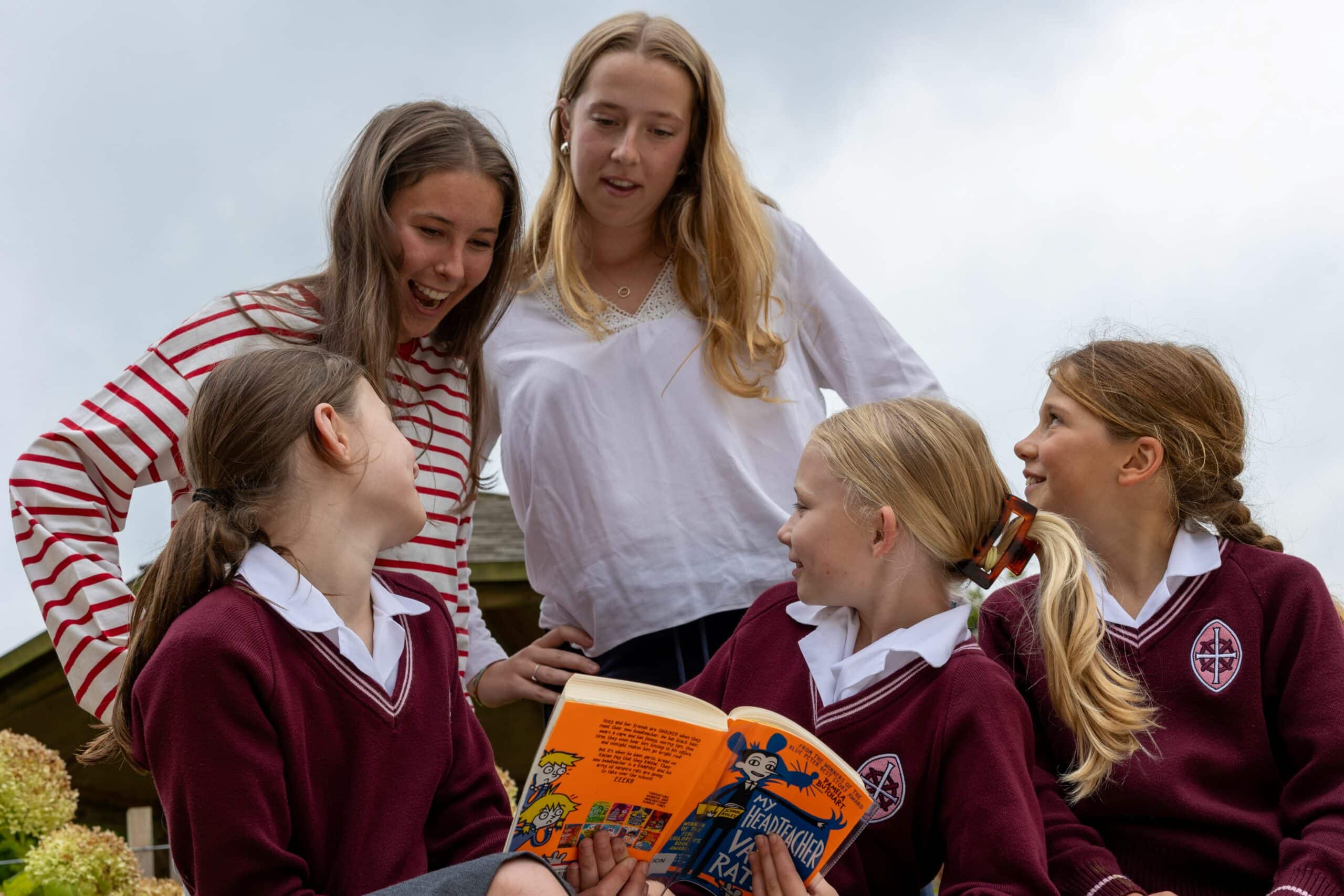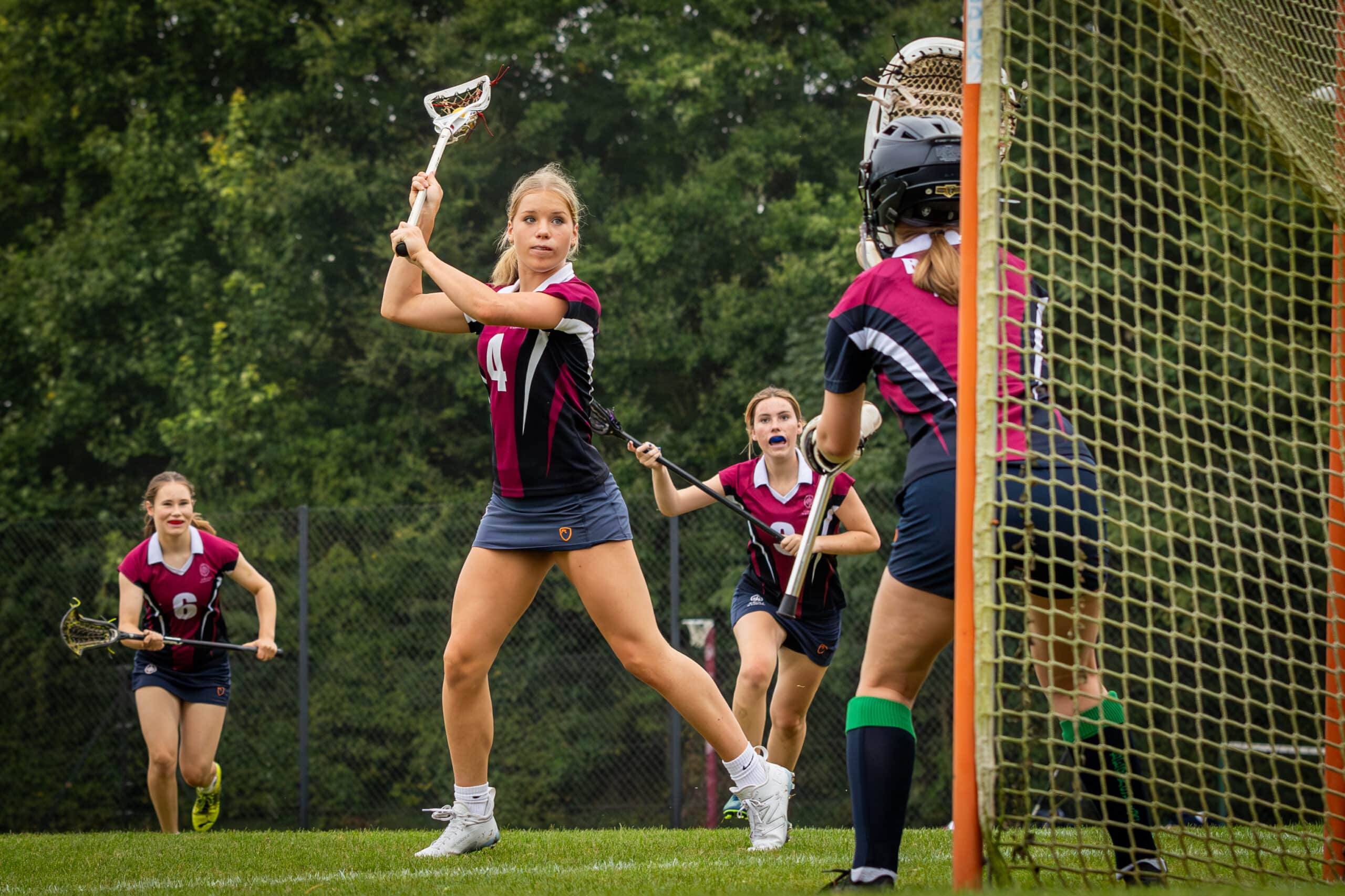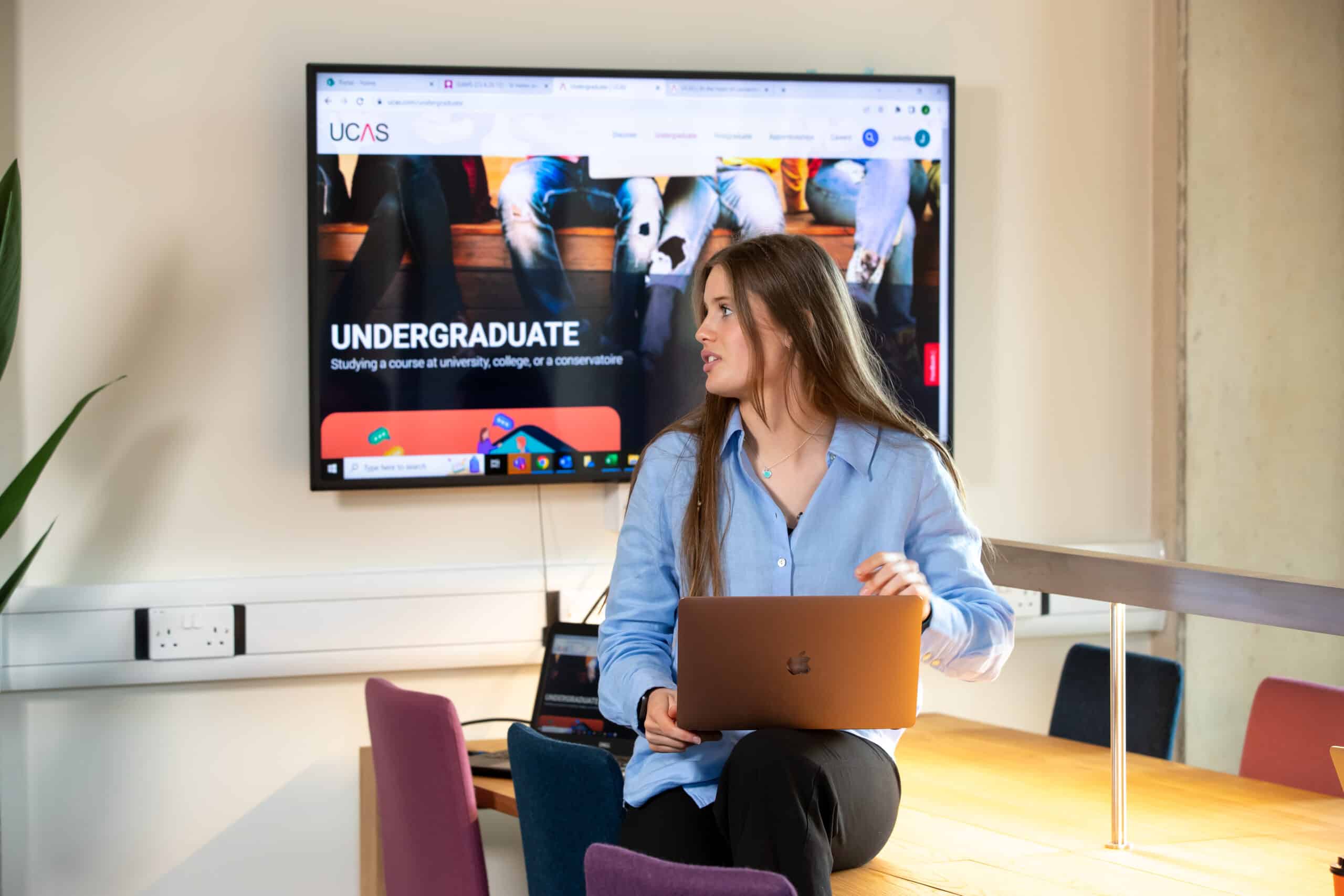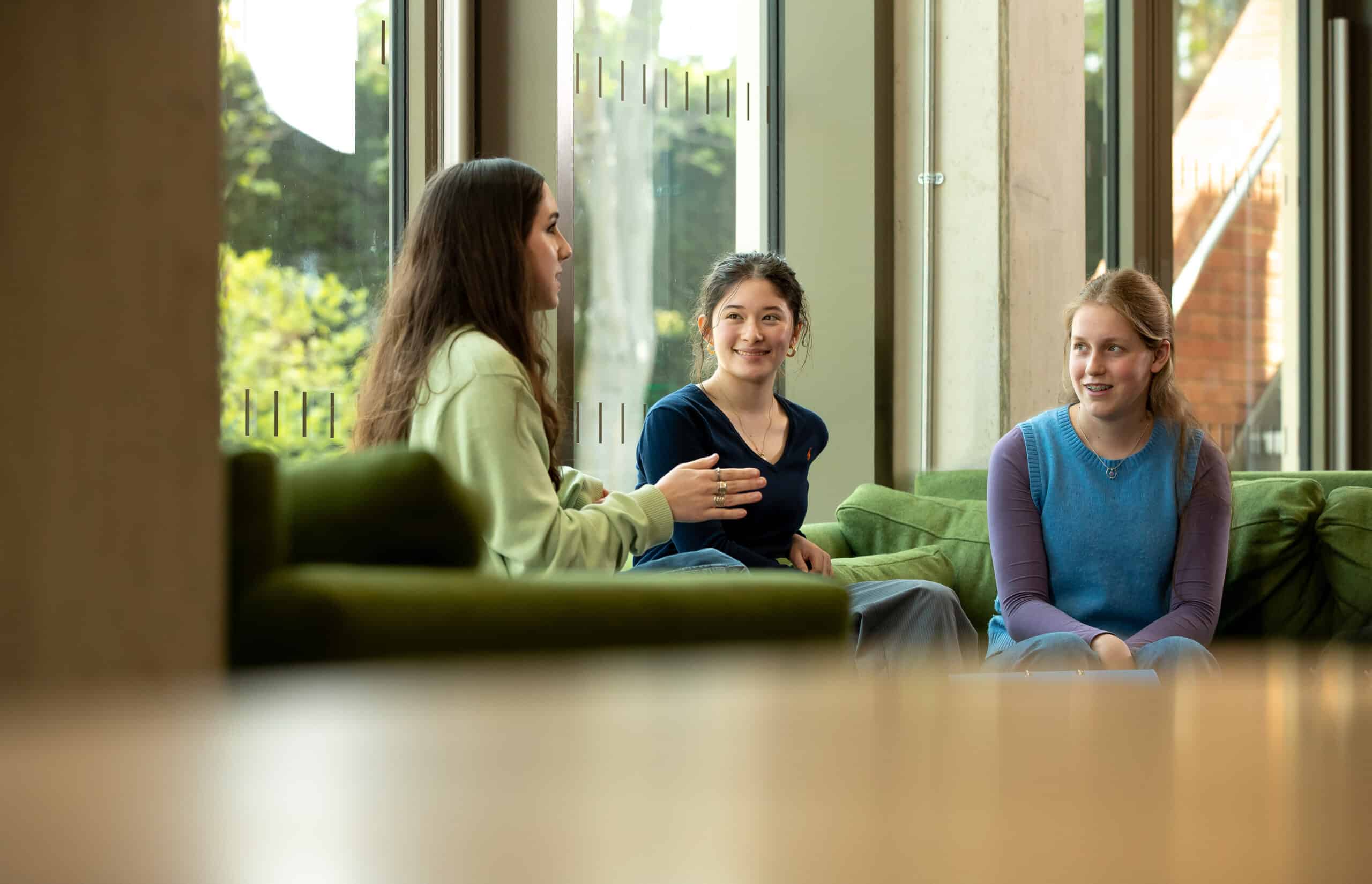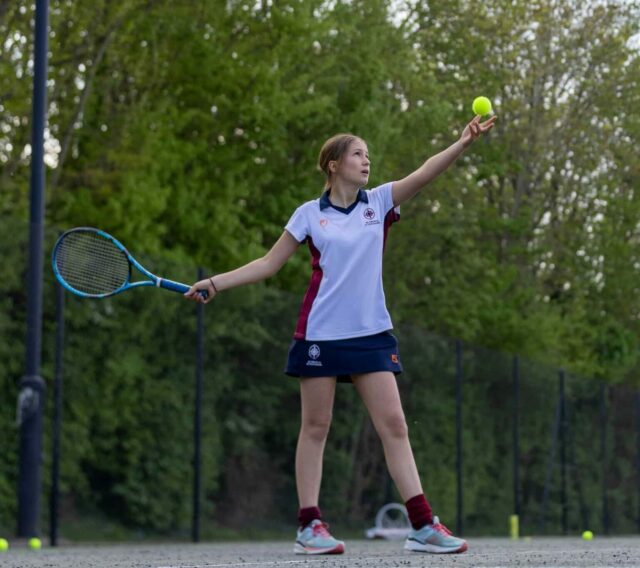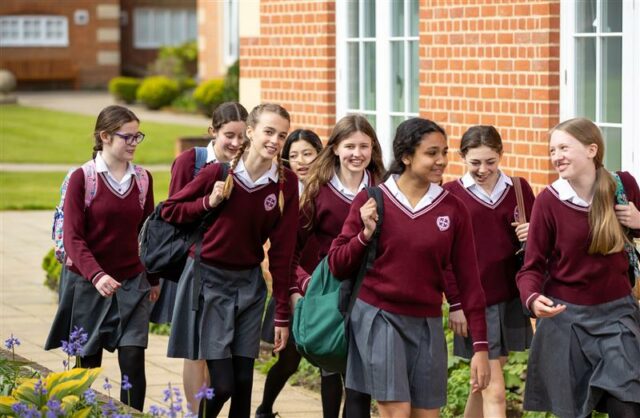“True belonging doesn’t require you to change who you are; it requires you to be who you are.” Brené Brown
On 22 September the sport scholars and Lower Sixth A-level PE students had a fantastic day at the Sport in Her Shoes Conference held at Sherborne Girls’ school in association with The Well HQ. The event was one of the first of its kind to have a whole day devoted to talking about the developing female athlete.
The talk started with a shocking example of how the world around us has often been built without women in mind. For example, in a car crash, women are 47% more likely to be seriously injured, and 17% more likely to die, simply because crash test modelling, and subsequently the cars themselves, have been developed with male-proportioned crash test dummies. Also, in sport science, a review of 5,261 sport and exercise science publications found only 6% of the studies solely focused on women.
That narrative is slowly changing. Differences are starting to be highlighted and, at the elite level at least, an encouraging example is the US Open now offering equal prize money to men and women competitors. But on an everyday level the statistics don’t make for good reading. Only 10% of girls aged 13-16 achieve the recommended levels of physical activity and 64% of girls will quit playing sport by the end of puberty.
This is where the expert speakers from The Well HQ came in, breaking down taboos and highlighting aspects that need to be considered to ensure that we improve all female experiences in sport – including better shared understanding of puberty, periods, pelvic floors, the physiology of the menstrual cycle, changing bodies, sanitary products, sports bras, injury risks, RED-S and clothing options, for example.
Feeling inspired, we wanted to share our top tips from the event and hope that we can continue this conversation in school. Your teachers want to know how to help you so that you don’t feel like your body is a barrier to you taking part in, enjoying and benefiting from sport at all levels.
- Break the taboo around the subject. Although some of the topics mentioned above might be considered sensitive, they are nothing to be secretive or embarrassed about
- Understand what your menstrual cycle is and track it. There are likely patterns to how you feel so either keep a diary or you could use an app such as Fitr Women, Clue or Flo to keep track. These can help you to anticipate and understand your period/symptoms and how to build positive habit loops, which in turn help to manage your symptoms
- Everyone will have a different experience and range of symptoms around their period, but severe symptoms aren’t normal, so if you have concerns please speak to your doctor
- You can exercise on your period. Your body can still perform to a high level but it’s the symptoms that could be holding you back, so the trick is to proactively manage them if possible. Also, movement releases endorphins which will help how you feel
- Unleash the power of food. Eat regularly every 3-4 hours, eat around training and match your intake to your sport training volume and intensity. Avoid processed food, high sugar and caffeine as your body needs good nutrients and anti-inflammatory foods to support you
- You can inadvertently affect your cycle by not eating enough to support the amount of exercise you do (RED-S Relative Energy Deficiency in Sport), so plan ahead and maximise your food intake
- Get a good sports bra that fits you and makes you feel comfortable and supported doing sport. 73% of girls avoid exercise or have concerns around their breasts, but your body shouldn’t be holding you back. Here’s an example website to help source a good sports bra Sports bra finder
- Build up your strength and work on your single leg exercises. Girls are up to six times more likely to suffer a non-contact anterior cruciate ligament injury (ACL) than their male peers
- The female mindset – it’s okay to be emotional as it helps us to process a variety of life events and it’s all shaped by our biology and our hormones

